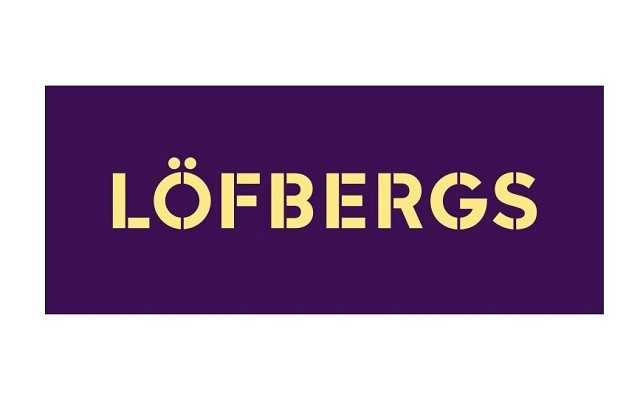KARLSTAD, Sweden – The Swedish-based coffee company Löfbergs is now taking a new important step to reduce its carbon footprint. By cooperating with the logistics company Scanlog, the family-owned coffee company secures 100 per cent fossil-free sea transport – a measure that reduces the CO2 emissions with 1,800 metric tons.
“It is a milestone on our sustainability journey. This means that we reduce the emissions from sea transport with 100 per cent and that we can offer our customers even more sustainable coffee,” says Kajsa-Lisa Ljudén, Sustainability Manager at Löfbergs.
Löfbergs pioneers Scanlog’s new solution
Löfbergs is first to use Scanlog’s new solution that reduces the emissions from sea transport by 100 per cent by fuelling ships with biogas* in accordance with the mass balance approach. It means that Löfbergs pays for biogas that covers the company’s transport of green coffee from the producing countries. The biogas is produced by manure and is the fuel with the highest emission reduction compared to fossil fuels.
“The biogas costs more than fossil fuels, but we do not think that we can afford to not use it. We have to reduce the emissions in every part of our value chain. Being the first to finance the fuel exchange to 100 per cent means that we are showing that there is a functioning solution, and that will hopefully lead to more companies converting,” says Kajsa-Lisa Ljudén.
A unique solution
The transports represent 14 per cent of the emissions of the world, which was a driving force when Scanlog developed its product for fossil-free sea transport. The product is independent of shipping companies and reduces the emissions with 100 per cent, which makes it unique. The positive effects are verified by an independent party.
“Sea transport has gone under the radar for a long time, which is why it is important that there are companies like Löfbergs that dare to be pioneers and show that it is possible to reduce the emissions here and now. We hope that it can inspire other companies and accelerate a necessary conversion within the transport sector,” says Matilda Jarbin, Head of Sustainability & Communications at Scanlog.
*The biogas used is called Liquid biogas (LBG), an upgraded biogas in liquid form.


















